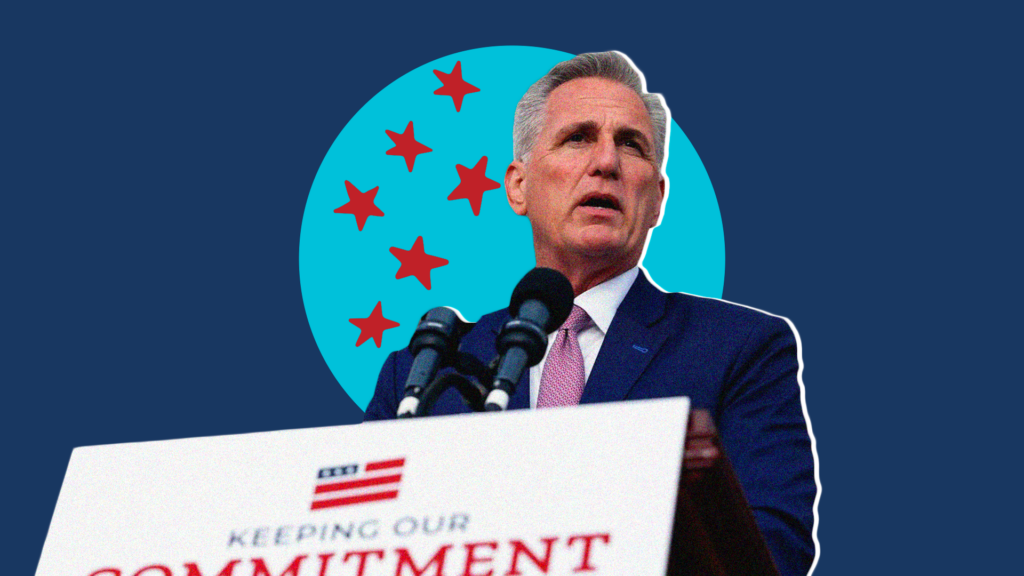Senate Leader, in Surprise Move, Opens Debate on Estate Tax Repeal
The majority leader Tom Daschle abruptly opened Senate debate today on a Republican plan to repeal the estate tax permanently, complicating lobbying efforts by those on both sides of the issue.
With just a few hours notice, the Democratic leadership initiated debate on a proposal to rescind the tax as of 2010. Under tax cuts adopted last year, the value of assets exempted from the tax would be gradually increased until 2010, and then the tax would be eliminated for one year before it returned to 2001 levels.
“We view this as a moral issue,” said Senator Phil Gramm, Republican of Texas, the co-author of the Senate bill. “We think death taxes are fundamentally wrong. We think death should not be a taxable event.”
Opponents of the repeal say inheritances, not death, are taxed.
The House, with some Democratic support, voted last week to rescind the tax permanently, and Mr. Daschle, a South Dakota Democrat, agreed earlier this year to allow a vote before the end of June in exchange for getting a vote on a separate energy bill.
Interest groups on both sides of the issue were caught off guard by today’s decision. Advocates and opponents of repeal had planned lobbying events for Wednesday and immediately went to work to try to influence the debate after Mr. Daschle put forth the timetable.
“That was his one big strategic advantage that he always had in his back pocket,” said Marty Reiser, vice president of public affairs at Citizens for a
Sound Economy, about Mr. Daschle’s ability to control the schedule.
Mr. Reiser’s group sent emergency e-mail messages to about 60,000 people urging them to contact about two dozen senators to push for permanent repeal.
Democrats said they believed they had the 40 votes needed to block the permanent repeal, particularly since they planned to offer amendments that would increase the amount exempt from the tax.
Senator Kent Conrad, Democrat of North Dakota, offered a proposal today to raise the exemption to $3 million as of next January.
Senator Jean Carnahan, a Missouri Democrat whose Republican opponent this year has emphasized the issue, said she and others were drafting an amendment that would increase exempt assets to $4 million. Senator John B. Breaux, Democrat of Louisiana, said that plan could attract substantial support.
Republicans said that nothing less than full repeal would suffice. “They will pick and choose between groups of people and they will favor some and they will disfavor others,” said Senator Jon Kyl of Arizona. “And then they will argue that they actually voted for a form of repeal, but it will not be a repeal of the estate tax for everyone.”
Mr. Daschle said it was “no coincidence” that he brought the issue to the floor the same day that the Senate voted to increase the federal debt ceiling by $450 billion. He sought to juxtapose the need to increase federal borrowing authority with the cost to the treasury of the repeal, which he put at $600 billion over 10 years.
“So while we increase the debt limit $450 billion right now, the question before the Senate immediately following that is, do we want to benefit the top one-half of one percent of taxpayers in this country with a $600 billion tax cut?” Mr. Daschle said. “I can’t imagine that the answer for any senator would be yes.”
Coalitions on both sides of the issue were still gearing up their activists when the vote, which is now expected Wednesday, was scheduled. Americans for a Fair Estate Tax planned to release a poll on Wednesday that showed that a majority of voters favored adjusting but not repealing the estate tax.
The National Federation of Independent Business, a major proponent of permanent repeal, was to open its Washington conference on Wednesday with more than 500 participants who would fan out to lobby lawmakers.
Ed Frank, a spokesman for the group, said its leadership did not expect such a quick Senate vote but was not totally surprised that Mr. Daschle would act “as soon as he thought he had the votes.”
Both sides are focusing their efforts on 12 Democrats who last year supported the tax package though some, like Mr. Breaux, have already said they would not support permanent estate tax repeal.
“I don’t think anybody in good conscience can argue that they really only wanted to repeal it for one year,” Mr. Kyl said.
Opponents and proponents said the pending vote on repeal was not likely to be the last word on the issue.
“If the Senate doesn’t get it done this time, the next tax vote will be Nov. 5 at the ballot box,” Mr. Frank said.



